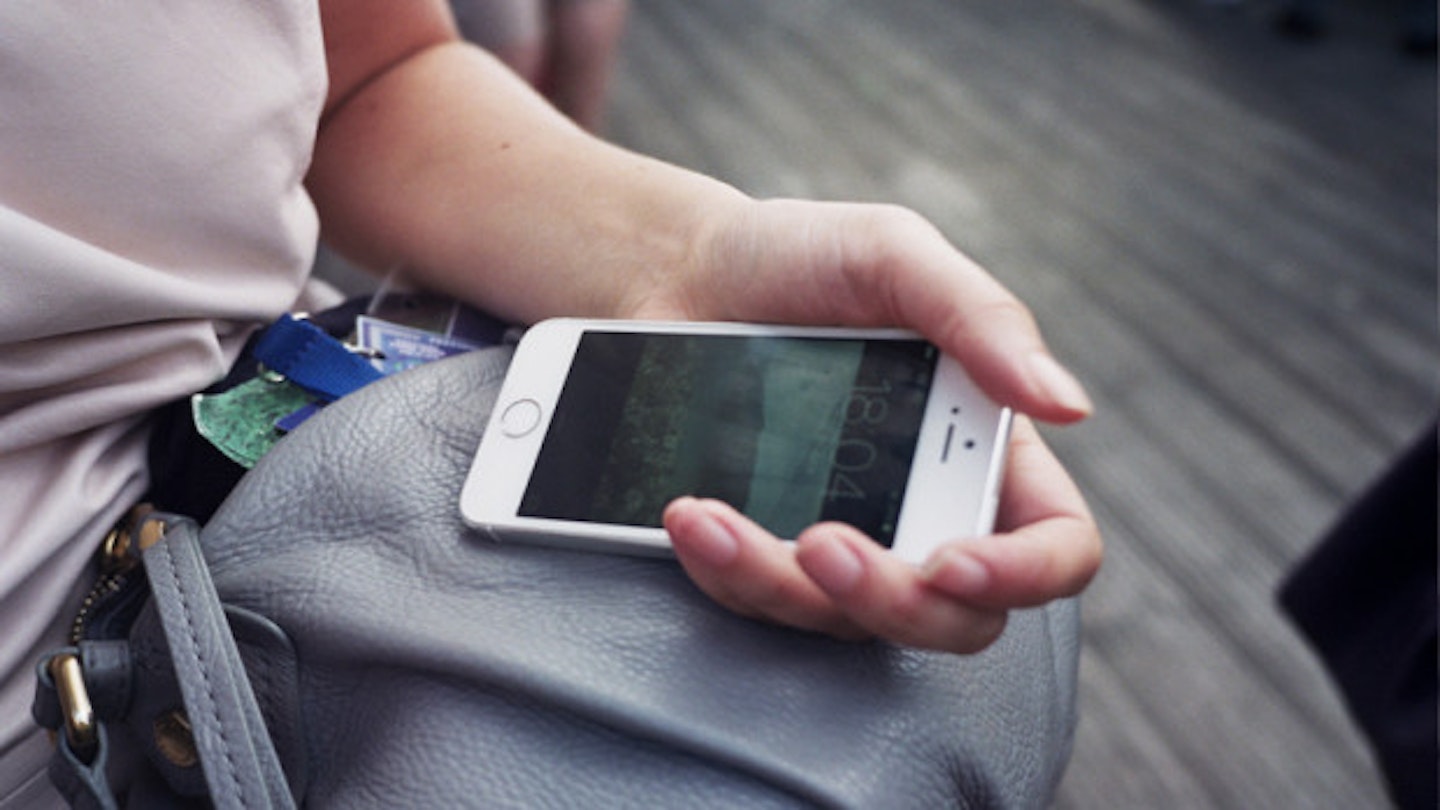When it comes to sudden acts of horrible stuff going on right near us in the street, we’re not always emotionally equipped to deal with what’s just gone on. Someone could be lying down in the street, bleeding, and we wouldn’t quite act appropriately, because, well, that’s the sort of stuff you just don’t expect to happen. That’s why, we’re guessing, that one in 10 young people would rather write a Facebook status about something freakish they’ve just seen happen than actually attend to the situation.
A survey, done by bone cancer charity Anthony Nolan and reported by The Mirror, found that, if they came across an emergency situation, nine per cent of people aged 18-24 would put a status on Facebook, tweet about the incident, or post a photo of it to social media.
This is up from 6% of people aged 25-34, and overall, only 3% of all people surveyed said they would turn to the internet if they saw someone in trouble. Which basically means that our parents are saints.
The implication is that young people are so phone obsessed that they will stick behind their devices, preferring to watch the situation and comment on it via their phones rather than engage in it and change the IRL outcome, eg call an ambulance. However, we really hope that’s not true. Maybe it’s just that young people are less likely to have been around to see the negative effects of gawping at a risky situation, so are less likely to know an appropriate response.
READ MORE: Less Young People Are Getting Married Than Ever Before
Or maybe it’s that young people are less likely to see themselves as responsible in a dangerous situation. The bystander effect, or Genovese Syndrome, happens when people of all ages might observe a risky situation, but feel like they don’t have to do anything to intervene because no-one around them is doing anything either. The strange-but-true logic goes that the more people witnessing a fucked up situation, the more people let it slide.
Also, using social media, though not always impacting positively in real life, could be important in documenting what’s happening. If the alternative to these people tweeting or Facebooking the events they’re witnessing would be to remain passive bystanders, just rubbernecking at the damage, then isn’t it preferable that they’re doing something?
READ MORE: In Which We Ask The Over 60s For Some Love Life Advice
At the very least, even if the above theories of ours are all bullshit, and even if this research is a true indicator of our moral decay, presumably this also means we’ll grow out of it at some point and become the same upstanding citizens as our parents. Right?
If you liked this you might also be interested in...
What's With All The Über-Public Birthday Greetings On Social Media?
Study Proves That Twitter Can Legitimately Make You A Crazy Person
Seems Like Millenials Just Don't Remember The Rachel Haircut Anymore
Follow Sophie on Twitter @sophwilkinson
This article originally appeared on The Debrief.
